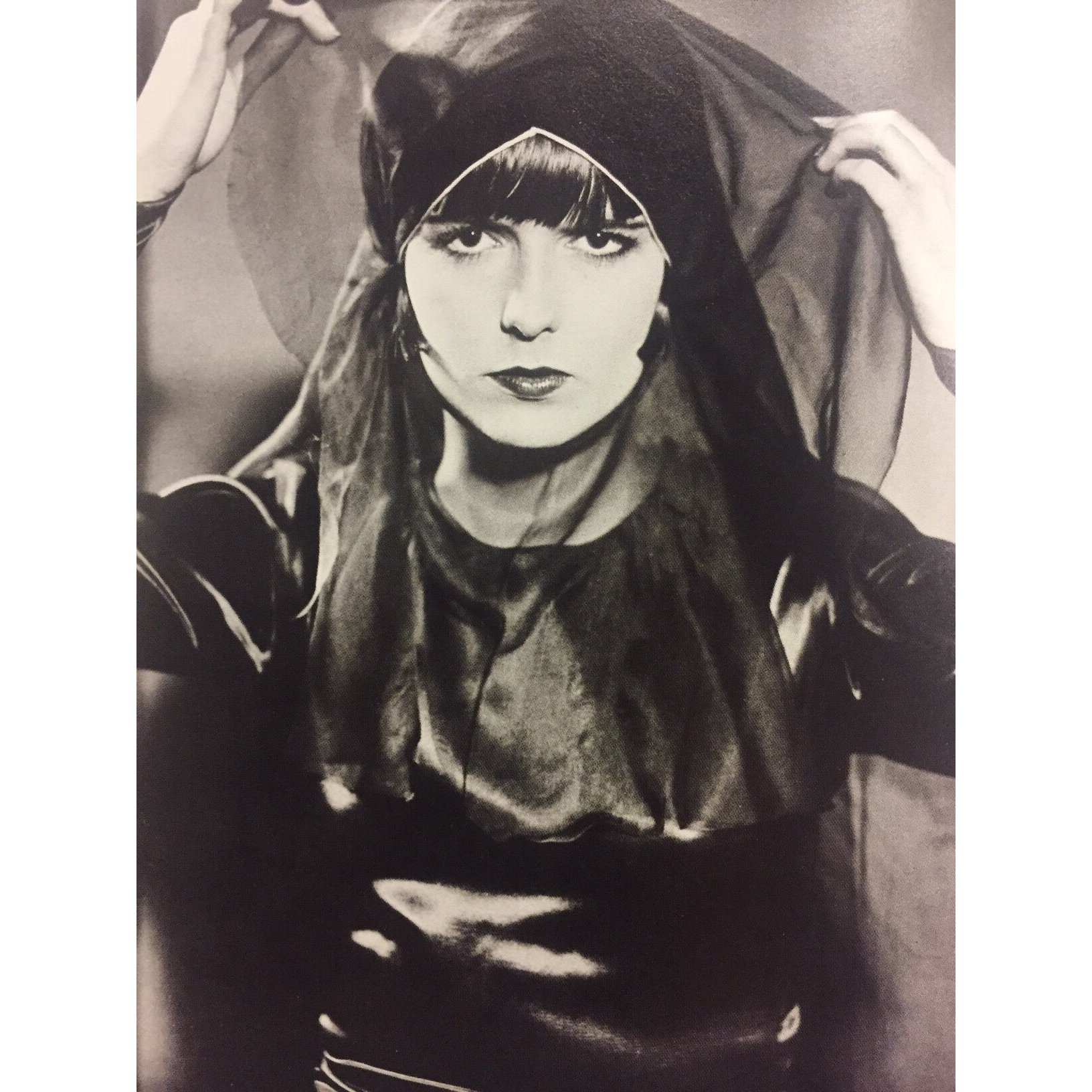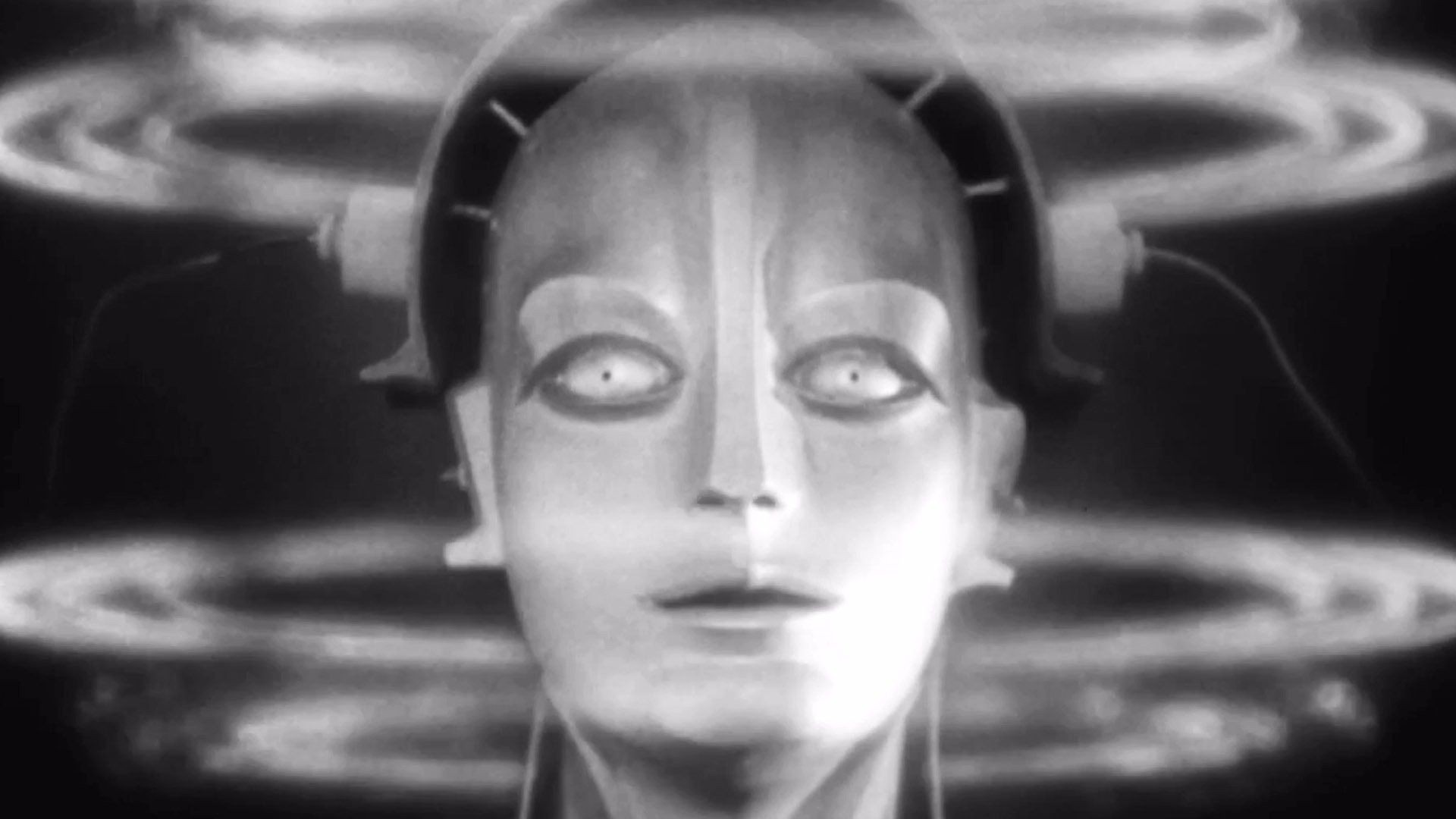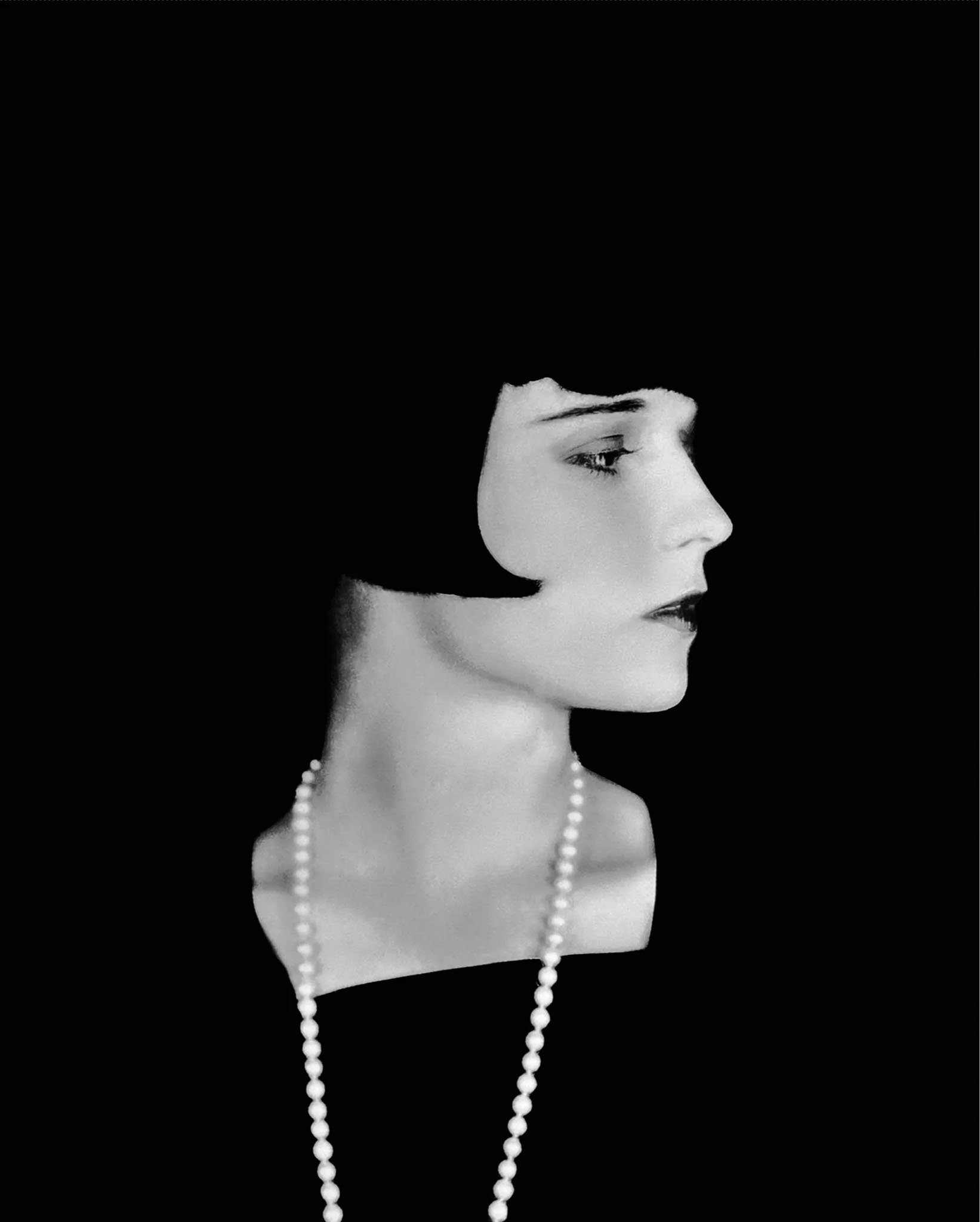 Image 1 of 5
Image 1 of 5

 Image 2 of 5
Image 2 of 5

 Image 3 of 5
Image 3 of 5

 Image 4 of 5
Image 4 of 5

 Image 5 of 5
Image 5 of 5






Death in Weimar: Film, Culture and Catastrophe (1918-1933) with Professors Hannes Charen, PhD and Lisabeth During, Begins July 6
Six-week class taught online via Zoom
Sundays July 6 - August 10, 2025
2:30 - 4:00 pm ET (NYC Time)
$ 165 Paid Patreon Members/ $ 185 General Admission
Please note: All classes will be recorded for those unable to attend live
We are familiar with the fabled era of Weimar Germany from Cabaret and Babylon Berlin, the art of George Grosz, Jeanne Mammen and Christian Chad. It was a famously decadent and troubled era of German history sandwiched between its greatest crises: the annihilation in the Great War and Naziism. Weimar was a period caught between revolution and revanchism, between fertile artistic experimentation (the Bauhaus, Expressionism, Neue Sachlichkeit, and proletariat culture) and conservative reaction; it was politically volatile and psychologically intense, both backward-looking (the cult of the Romantic, the gothic, decadence and the uncanny) but also captivated by machines, technology, and the future. After 1918, fashion changed; urban life changed; sex changed; even the body changed. Chaos was an everyday condition. But the tension between the desire for liberation and the longing for order opened the door to an authoritarian backlash and a catastrophe that would rewrite German history.
Across the political spectrum journalists, pundits and scholars are touting today's political, economic and cultural strife as reminiscent of the Weimar era. Like Nosferatu, Weimar has returned to haunt us, replaying the tensions that both plagued and inspired the Republic. We will test this thesis by considering those tensions through fim, philosophy and literature and attempt to draw out the worrying similarities and expose the important differences. If indeed we are in some significant ways reliving the Weimar symptom, then how might we avoid the same catastrophic outcome?
Over the course of six weeks, we will study this dynamic period through its most famous 'symptoms': its movies. Weekly screenings will feature classic silent and early sound films from directors like Fritz Lang and F. W. Murnau and G. W. Pabst with stars like Louise Brooks, Marlene Dietrich, Asta Nielsen, Lotte Lenya, Conrad Veidt, Emil Jannings and Peter Lorre.
Suggested readings will draw from classic and contemporary authors, critics, philosophers, journalists and film scholars, including Sigmund Freud, Walter Benjamin, Susan Sontag, Lotte Eisner, Georg Simmel and others. Our aim will be to focus on the interaction between society and art, between 'high theory' and mass culture. We will look at the impact of Freud's 'discovery of the unconscious'; the sexual reform movement; the increasing mechanization of labor and war; revolution and violence; the Weimar cult of androgyny and gender experimentation; class conflict and economic hardship; hypnosis, propaganda and advertising; and the lingering wounds of Germany's wartime defeat and postwar humiliation.
Hannes Charen is a writer, professor, photographer and existential therapist. He is currently teaching at Pratt Institute where he holds classes on Weimar Film and Culture, Death and Dying, existentialism, philosophy through film and aesthetics. He is based in New York City.
Lisabeth During was educated at Wesleyan University and Cambridge University (UK); She taught for many years at the University of New South Wales where she worked at the Performance Space in Sydney. She now teaches aesthetics, film, philosophy and gender theory at Pratt Institute in Brooklyn. Her The Chastity Plot recently came out with University of Chicago Press. Her current project is titled 'She Did It in her Sleep: the Problem of Comatose Rape'.
Images. Film stills from 1) Louise Brooks in Pandora’s Box (Dir.Georg Wilhelm Pabst, 1929) and 2) Conrad Veigt and Lil Dagover in The Cabinet of Dr Caligari (Dir. Robert Wiene, 1920).
Six-week class taught online via Zoom
Sundays July 6 - August 10, 2025
2:30 - 4:00 pm ET (NYC Time)
$ 165 Paid Patreon Members/ $ 185 General Admission
Please note: All classes will be recorded for those unable to attend live
We are familiar with the fabled era of Weimar Germany from Cabaret and Babylon Berlin, the art of George Grosz, Jeanne Mammen and Christian Chad. It was a famously decadent and troubled era of German history sandwiched between its greatest crises: the annihilation in the Great War and Naziism. Weimar was a period caught between revolution and revanchism, between fertile artistic experimentation (the Bauhaus, Expressionism, Neue Sachlichkeit, and proletariat culture) and conservative reaction; it was politically volatile and psychologically intense, both backward-looking (the cult of the Romantic, the gothic, decadence and the uncanny) but also captivated by machines, technology, and the future. After 1918, fashion changed; urban life changed; sex changed; even the body changed. Chaos was an everyday condition. But the tension between the desire for liberation and the longing for order opened the door to an authoritarian backlash and a catastrophe that would rewrite German history.
Across the political spectrum journalists, pundits and scholars are touting today's political, economic and cultural strife as reminiscent of the Weimar era. Like Nosferatu, Weimar has returned to haunt us, replaying the tensions that both plagued and inspired the Republic. We will test this thesis by considering those tensions through fim, philosophy and literature and attempt to draw out the worrying similarities and expose the important differences. If indeed we are in some significant ways reliving the Weimar symptom, then how might we avoid the same catastrophic outcome?
Over the course of six weeks, we will study this dynamic period through its most famous 'symptoms': its movies. Weekly screenings will feature classic silent and early sound films from directors like Fritz Lang and F. W. Murnau and G. W. Pabst with stars like Louise Brooks, Marlene Dietrich, Asta Nielsen, Lotte Lenya, Conrad Veidt, Emil Jannings and Peter Lorre.
Suggested readings will draw from classic and contemporary authors, critics, philosophers, journalists and film scholars, including Sigmund Freud, Walter Benjamin, Susan Sontag, Lotte Eisner, Georg Simmel and others. Our aim will be to focus on the interaction between society and art, between 'high theory' and mass culture. We will look at the impact of Freud's 'discovery of the unconscious'; the sexual reform movement; the increasing mechanization of labor and war; revolution and violence; the Weimar cult of androgyny and gender experimentation; class conflict and economic hardship; hypnosis, propaganda and advertising; and the lingering wounds of Germany's wartime defeat and postwar humiliation.
Hannes Charen is a writer, professor, photographer and existential therapist. He is currently teaching at Pratt Institute where he holds classes on Weimar Film and Culture, Death and Dying, existentialism, philosophy through film and aesthetics. He is based in New York City.
Lisabeth During was educated at Wesleyan University and Cambridge University (UK); She taught for many years at the University of New South Wales where she worked at the Performance Space in Sydney. She now teaches aesthetics, film, philosophy and gender theory at Pratt Institute in Brooklyn. Her The Chastity Plot recently came out with University of Chicago Press. Her current project is titled 'She Did It in her Sleep: the Problem of Comatose Rape'.
Images. Film stills from 1) Louise Brooks in Pandora’s Box (Dir.Georg Wilhelm Pabst, 1929) and 2) Conrad Veigt and Lil Dagover in The Cabinet of Dr Caligari (Dir. Robert Wiene, 1920).
Six-week class taught online via Zoom
Sundays July 6 - August 10, 2025
2:30 - 4:00 pm ET (NYC Time)
$ 165 Paid Patreon Members/ $ 185 General Admission
Please note: All classes will be recorded for those unable to attend live
We are familiar with the fabled era of Weimar Germany from Cabaret and Babylon Berlin, the art of George Grosz, Jeanne Mammen and Christian Chad. It was a famously decadent and troubled era of German history sandwiched between its greatest crises: the annihilation in the Great War and Naziism. Weimar was a period caught between revolution and revanchism, between fertile artistic experimentation (the Bauhaus, Expressionism, Neue Sachlichkeit, and proletariat culture) and conservative reaction; it was politically volatile and psychologically intense, both backward-looking (the cult of the Romantic, the gothic, decadence and the uncanny) but also captivated by machines, technology, and the future. After 1918, fashion changed; urban life changed; sex changed; even the body changed. Chaos was an everyday condition. But the tension between the desire for liberation and the longing for order opened the door to an authoritarian backlash and a catastrophe that would rewrite German history.
Across the political spectrum journalists, pundits and scholars are touting today's political, economic and cultural strife as reminiscent of the Weimar era. Like Nosferatu, Weimar has returned to haunt us, replaying the tensions that both plagued and inspired the Republic. We will test this thesis by considering those tensions through fim, philosophy and literature and attempt to draw out the worrying similarities and expose the important differences. If indeed we are in some significant ways reliving the Weimar symptom, then how might we avoid the same catastrophic outcome?
Over the course of six weeks, we will study this dynamic period through its most famous 'symptoms': its movies. Weekly screenings will feature classic silent and early sound films from directors like Fritz Lang and F. W. Murnau and G. W. Pabst with stars like Louise Brooks, Marlene Dietrich, Asta Nielsen, Lotte Lenya, Conrad Veidt, Emil Jannings and Peter Lorre.
Suggested readings will draw from classic and contemporary authors, critics, philosophers, journalists and film scholars, including Sigmund Freud, Walter Benjamin, Susan Sontag, Lotte Eisner, Georg Simmel and others. Our aim will be to focus on the interaction between society and art, between 'high theory' and mass culture. We will look at the impact of Freud's 'discovery of the unconscious'; the sexual reform movement; the increasing mechanization of labor and war; revolution and violence; the Weimar cult of androgyny and gender experimentation; class conflict and economic hardship; hypnosis, propaganda and advertising; and the lingering wounds of Germany's wartime defeat and postwar humiliation.
Hannes Charen is a writer, professor, photographer and existential therapist. He is currently teaching at Pratt Institute where he holds classes on Weimar Film and Culture, Death and Dying, existentialism, philosophy through film and aesthetics. He is based in New York City.
Lisabeth During was educated at Wesleyan University and Cambridge University (UK); She taught for many years at the University of New South Wales where she worked at the Performance Space in Sydney. She now teaches aesthetics, film, philosophy and gender theory at Pratt Institute in Brooklyn. Her The Chastity Plot recently came out with University of Chicago Press. Her current project is titled 'She Did It in her Sleep: the Problem of Comatose Rape'.
Images. Film stills from 1) Louise Brooks in Pandora’s Box (Dir.Georg Wilhelm Pabst, 1929) and 2) Conrad Veigt and Lil Dagover in The Cabinet of Dr Caligari (Dir. Robert Wiene, 1920).
